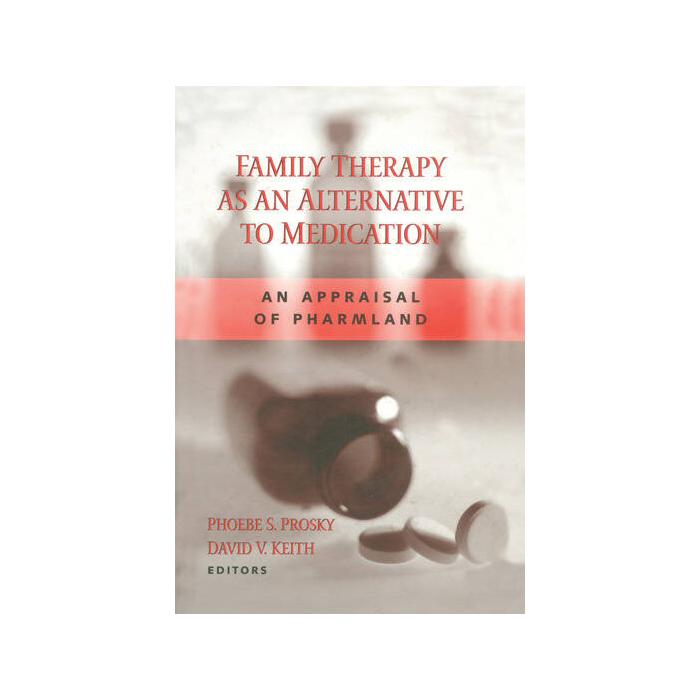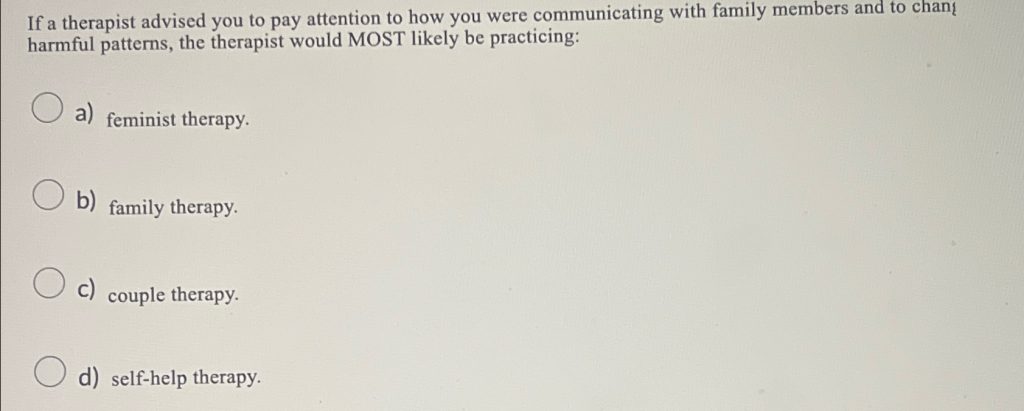

Dealing with skepticism from family about alternative treatments can be challenging, especially when loved ones hold differing views on healthcare approaches. This article explores strategies to effectively communicate your choices and address concerns, ultimately fostering understanding and support. We’ll cover key aspects, from understanding the source of skepticism to formulating persuasive arguments while respecting differing viewpoints, along with strategies to navigate potential conflict. We’ll also provide illustrative examples to help you tailor these methods to your specific situation.
Understanding the Root of Skepticism
Identifying Underlying Concerns
Many family members approach alternative treatments with skepticism due to a variety of factors. These often stem from concerns about the potential risks, lack of rigorous scientific backing, or simply differing cultural norms regarding healthcare. Family members might be worried about untested treatments or potential side effects they haven’t seen documented. They might also have faith in traditional medicine and are hesitant to stray from their familiar route.
Addressing Perceived Risks
Family members may feel that alternative therapies are risky. Openly discuss your research, including specific clinical trials or studies on effectiveness to address this concern head-on. Presenting reliable evidence may help ease their anxieties, creating a foundation for a more productive discussion. Show genuine concern for their concerns and listen actively to their viewpoints.
Crafting a Persuasive Communication Strategy
Related Post : Unsure Which Alternative Therapy is Right for You? Making Informed Choices.
Presenting Information Clearly and Concisely
Clearly communicate your reasons for choosing alternative treatments. Use simple language, avoiding medical jargon that might confuse or intimidate your family. Focus on benefits and potential improvements in your well-being rather than solely dwelling on conditions. Explain how the chosen therapies align with your overall well-being and lifestyle goals. Frame the discussion as a journey of exploration rather than a departure from established norms.
Emphasizing Shared Goals
Focus on the shared goal of a healthier you and emphasize that you are choosing alternative treatments to support that well-being. Acknowledge that some traditional treatments might work for them. By highlighting the common desire for a healthy outcome, you establish a more cooperative environment, making your family feel more involved rather than challenged.
Active Listening and Respectful Dialogue
Demonstrating Empathy and Understanding
Empathy is key. Try to understand their concerns and perspectives. Acknowledge that their concerns are valid. Active listening demonstrates respect for their opinions, even if you don’t fully agree. Ask questions, encourage open discussion, and create a safe space for respectful exchanges. Make sure they feel heard, without judgment.
Seeking Professional Guidance
Consulting with Healthcare Professionals
Involving a healthcare professional can significantly help you navigate these discussions and establish trust. A qualified practitioner who supports alternative therapies can help explain the rationale behind your treatment choices in an informed, evidence-based manner. This approach can show you are not dismissing traditional medicine and increase trust and engagement from your family members.
Building a Support System
Connecting with Others in Similar Situations
Sharing your journey with others who have successfully navigated similar situations can provide valuable insights and strategies. Join support groups or online communities for alternative treatments. This can offer valuable perspectives and encouragement.
Conclusion
FAQ
FAQ
FAQ
In conclusion, navigating skepticism about alternative treatments requires a thoughtful approach that blends clear communication, shared understanding, and respecting individual viewpoints. By approaching conversations with empathy, evidence-based information, and a focus on shared goals, you can foster a more productive dialogue and potentially pave the way for positive changes in health decisions. For a personalized consultation, reach out to a qualified healthcare professional, and remember that understanding and acceptance of alternative treatments may vary from individual to individual. Further research on alternative treatments and health information can also aid in this process.